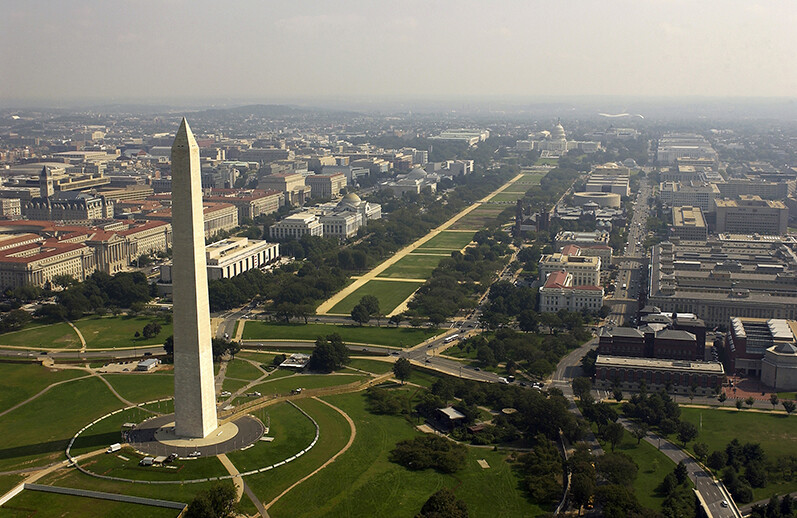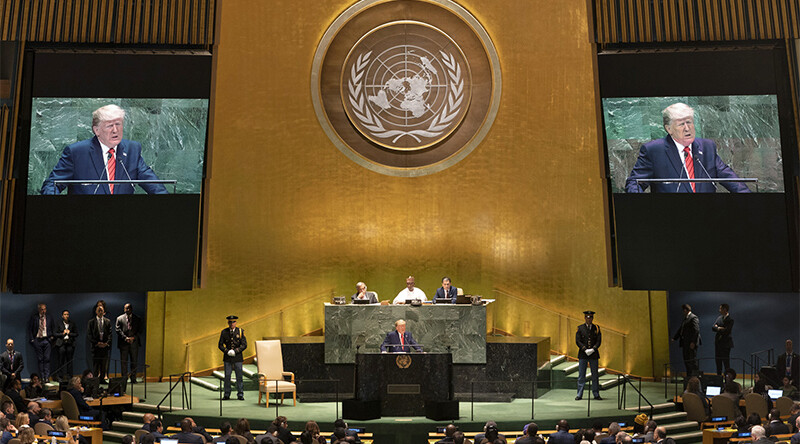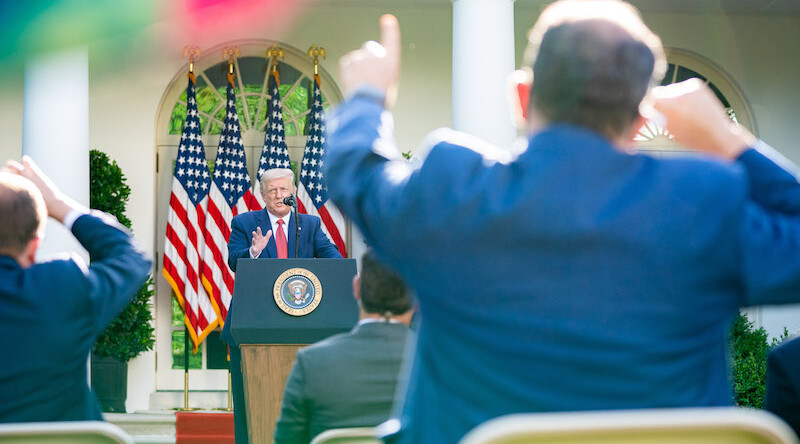This first appeared on the Ethics & International Affairs blog.
Bill Burns, noted diplomat and now president of the Carnegie Endowment, parallels the work of the U.S. Global Engagement project in his assessment in The Atlantic of competing narratives for the future—and agrees with my assessment that this 2020 election represents a choice between different visions for the future. He writes:
We still get a vote, and we still get to make some fateful choices. They are more complicated than those we faced at the end of the Cold War, when our undisputed primacy cushioned us from our mistakes and sustained our illusions. But today's choices are even more consequential than those of 30 years ago.
The United States must choose from three broad strategic approaches: retrenchment, restoration, and reinvention. Each aspires to deliver on our interests and protect our values; where they differ is in their assessment of American priorities and influence, and of the threats we face.
Burns consolidates the narratives that the Carnegie Council project identified (even as he adopts some of the same nomenclature). The CCEIA report identified "chastened restorationist," "transactional internationalism," "democratic community," "retrenchment," "regeneration and reindustralization," and "climate change." Burns also has a restorationist narrative, and combines aspects of the other narratives for his retrenchment and reinvention narratives.
But his piece is broadly in sync with last year's report—and offers a similar set of choices that both elites and citizens must consider. It is also important to read his perspectives and to align with the several set of polls that have been done—our own Carnegie Council polling, those of the Eurasia Group Foundation and the Chicago Council on Global Affairs—all of which was discussed at our Vox Populi event earlier this summer, to identify different centers for gravity for different narratives within the body politic.
Burns' conclusion is worth repeating here, and this remains the rationale for the work of the U.S. Global Engagement project:
Armed with a clear sense of priorities, the next administration will have to reinvent U.S. alliances and partnerships and make some hard—and overdue—choices about America's tools and terms of engagement around the world. And it'll have to act with the discipline that so often eluded the U.S. during its lazy post—Cold War dominance.





